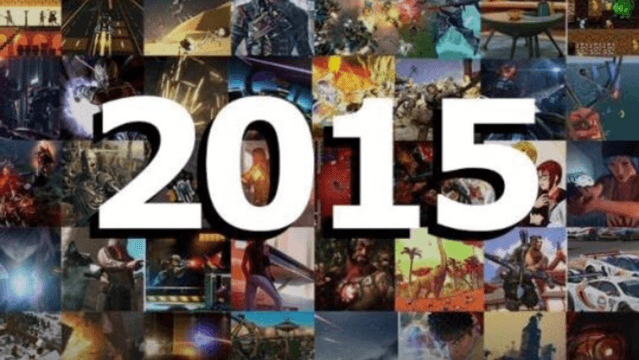It’s been over a year, almost two now, since I’ve written an article about games. There have been a few failed attempts at podcasting and a lot of frustration from trying to penetrate journalism in different genres, like sports and politics. There have been some changes since I stopped, but largely things remain the same.
First and foremost, when I left games journalism, representation was a key element that a large group within the community yearned for. The kind of representation I’m talking about here is the inclusion of people of color, women, and members of the LGBT community. People, including myself, called foul on a few developers for being exclusive to gender – Assassin’s Creed’s inability to animate women – and others for being culturally insensitive, as we saw with Far Cry 4’s cover.
Colorful Representation and Gender Equality
In regards to minority groups at the time I quit writing, people of color had been voicing concerns towards developers to make a protagonist or some type of lead role that isn’t a stereotype or trope – a la Cole Train from Gears of War. People from all walks of life felt that games, as an entertainment medium, had an obligation to represent people of color, and people with colorful backgrounds – part of its audience.
We are starting to see a few more secondary characters and generic multiplayer avatars have a mixture of ethnicities. For the most part though, no substantial ground has been gained in this front. The outcry for more representation doesn’t stop here either
“The fact is, the norm within the gaming community has elevated the discussion of games into a nuanced conversation about issues that we deal with in the real world…”
In 2015, the ESA released its annual statistics about who plays games and how they play those games (a home console, a cell phone, or other handheld devices). These statistics proved that women make up half the gaming population, debunking many studio’s replies to gender discrimination – some were convinced female consumers were not a desirable chunk of sales, thus excusing the lack of diversity. Developers or their PR representatives relied heavily on ‘market data’ that tied their hands regarding making and marketing games to a ‘minority’ such as women.
That argument can no longer be validated thanks to the ESA’s statistics.
Slow and steady wins the race
While these sensitive issues are slow to make traction, we are seeing more games deal with sexism, racism, cultural insensitivity, and mental illness. This trend hasn’t been demonstrated on a consistent level in AAA game development, but the pioneering indie developers seem to have a grasp of how to convey emotions in unconventional ways as opposed to, say, popular FPS mechanics. There is a growing list of emotionally charged games, and they seem to be a focal point.
Breakthrough games like Depression Quest, Papers Please, Stanley Parable, Her Story, and Never Alone are just a few to have trampled expectations and resonated with a wide-variety of people. These games had little to no budget for advertising and did well financially due to word of mouth and received favorable review scores in the process.
“These statistics proved that women make up half the gaming population, debunking many studios’ replies to gender discrimination.”
These instances of success when addressing not-so-marketable topics – depression, immigration, native peoples and their cultures – aren’t big budget worthy, yet have been deemed worthy by the gaming community as toe-to-toe contenders with big franchises like Call of Duty and the like. No, these indie games haven’t hit the same marks financially as AAAs, but the outcry for more games in the same tone and breadth of serious issues seems to be gaining traction.
Ethics in Games Journalism
The other issue regarding the gaming industry a year or so ago was how major media outlets have handled their content. This ranges from reviews, previews, opinion pieces, the whole gamut. Many people felt (and rightly so in some cases) certain outlets favored specific games due to kickbacks and not disclosing relationships between writer/journalist and those involved in creating or promoting games.
I’ve seen more and more outlets have disclosures and even links to their ethical standards on how and who reviews, previews, creates their content. This helps with transparency and ensures an ethical and honest relationship with the reader.

Continue Moving Forward
Though there haven’t been any drastic changes since I last wrote something, it doesn’t mean nothing’s changed. There are still critical think pieces that rip apart our most beloved games, trolls and toxic members amongst the community, and charity donations that put other non-game related fundraisers to shame.
The fact is, the norm within the gaming community has elevated the discussion of games into a nuanced conversation about issues that we deal with in the real world like gender inequality, racism, and ethics in media/journalism. These same issues in the gaming world align with the current political issues our world is facing.
Ten years ago these topics weren’t happening, the conversations started a few years ago, and changes are already happening. Changes like the ones discussed will take a systemic approach to fix, which is why it may seem like not much has changed. Hiring more women, minorities, and LGBT people to write and create games would help conjure an approachable, all inclusive industry. Hopefully, we can continue to rely on the honesty of critics and outlets to allow these conversations and changes to happen. The future looks good.







Published: Jan 21, 2016 11:05 pm